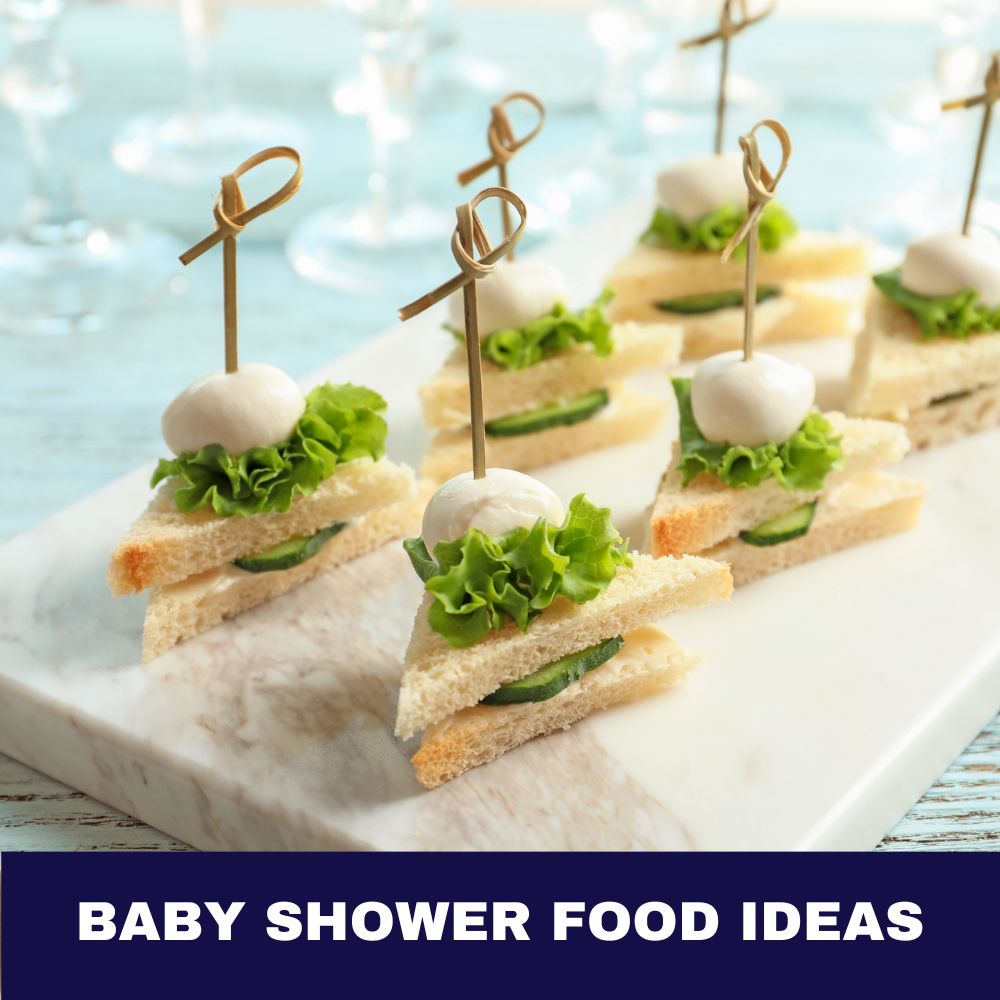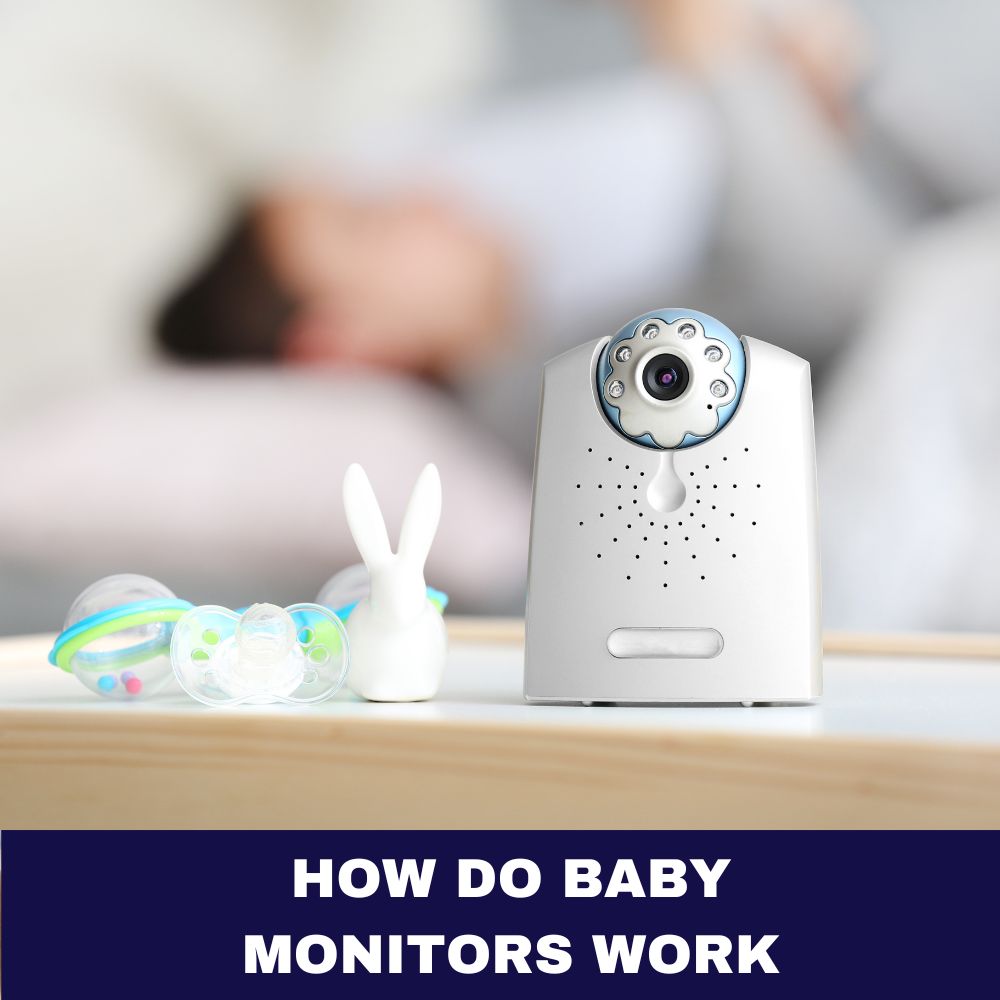As a parent of a newborn, I understand just how stressful and anxiety-provoking the first few months can be. You want to do everything just right, but accidents inevitably happen. I’ll never forget the time I accidentally gave my 2-month-old daughter an oThe Risk of Malnutritionunce of water, thinking she was just extra thirsty. As soon as I did it, I panicked. Was water dangerous for newborns?
If you’ve ever accidentally given your newborn baby water, either instead of breastmilk or formula or in addition to it, rest assured you aren’t alone. Many well-meaning parents have made this same mistake. The key is not to panic, but to understand why water is not recommended for infants under 6 months old, and to learn how to handle the situation.
In this post, we’ll cover some critical facts every parent should know about giving water to newborns, including when to introduce it, the risks involved, what to do if you make this accidental slip-up, and how to avoid water intoxication moving forward.

When Can Babies Start Drinking Water?
Before you start giving your infant water, it’s important to understand their digestive capabilities at various ages. Here’s a quick overview:
- 0-3 months: A newborn’s sole source of hydration and nutrition should be breastmilk or formula. Their tiny tummies cannot handle anything else. Water is entirely unnecessary at this age.
- 4-6 months: Still focus solely on breast milk or formula. You can try introducing a tiny amount of water when starting solid foods around 6 months old.
- 6-12 months: At 6 months, you can start introducing small sips of water with meals. Aim for around 2-4 ounces per day at first. Slowly increase to about 6-8 ounces by 12 months.
The key is to start very gradually. Water should never fully replace breast milk or formula in the first year. Those remain critical nutrition and hydration sources.
| Age | Recommended Total Water Intake per Day |
|---|---|
| 0-6 months | No water needed |
| 6-8 months | 2-4 oz per day |
| 8-12 months | 4-6 oz per day |
| 12+ months | 6-8 oz per day |
Immediate Actions if You Gave Water to a Newborn
If you have accidentally given water to a baby under 6 months old, don’t panic. Here are some tips on handling the situation:
- Stay calm and pay close attention to your baby’s symptoms. Look for any signs of water intoxication or other distress.
- Be prepared to visit the emergency room if your infant shows concerning symptoms like vomiting, diarrhea, lethargy, tremors, or seizures. Acting quickly can prevent serious complications.
- After the incident, ensure your baby is properly fed with breastmilk or formula as usual. You may need to nurse or feed formula more frequently to compensate for the water.
- Call your pediatrician promptly to get their take. They may want you to come in to have your baby evaluated.
While any accidental water consumption is concerning, quick action and monitoring can ensure your little one stays healthy.
Understanding the Vulnerabilities in a Newborn’s Digestive System
To understand why water is so risky for newborns, it helps to look at some key vulnerabilities in their digestive systems:
- Small stomach capacity – A newborn has a tiny stomach, only the size of a marble. Too much fluid can easily overwhelm their system.
- Inability to digest excess fluids – Their kidneys are not mature enough yet to process and excrete large amounts of fluid.
- Risk of water intoxication – With limited kidney function, excessive water can cause dangerous electrolyte imbalances.
- Risk of infections – If the water given contains any bacteria, newborns are especially susceptible to infections and illness.
When you accidentally give water instead of breast milk or formula, you disrupt your baby’s hydration and nutrition. Their little bodies are just not equipped yet to handle anything besides mom’s milk or infant formula.
Dangers of Water Intoxication in Newborns
One of the most serious risks when giving newborns water is water intoxication. This happens when excess water dilutes the sodium levels in the baby’s blood, causing hyponatremia. Some signs to watch for include:
- Irritability, restlessness
- Vomiting, diarrhea
- Muscle weakness, tremors
- Lethargy, sluggishness
- Seizures
- Loss of consciousness
Water intoxication requires immediate emergency medical care to correct the sodium imbalance. Left untreated, it can lead to brain swelling, seizures, coma, and even death in babies.
Always call 911 or rush to the ER at the first sign of water intoxication. The doctors will likely need to administer IV fluids with added sodium to stabilize electrolyte levels. Prompt treatment prevents lasting damage.

The Risk of Malnutrition
Another significant risk is malnutrition and poor weight gain. Here’s why:
- Breastmilk and formula provide perfect nutrition and hydration. Water does not give babies any calories or nutrients.
- Adding water to formula dilutes it, reducing the overall calories the baby takes in.
- Giving water may disrupt normal feeding patterns or cause babies to take in less breast milk/formula.
- Poor weight gain or nutritional deficits in newborns can cause developmental delays.
Breastmilk or formula needs to remain the sole source of nutrition in an infant’s diet for the first 6 months. Consult your pediatrician if you have concerns about nutrition or weight gain after accidentally giving water.
Preventing and Recognizing Dehydration in Newborns
Keeping your newborn well-hydrated is crucial since dehydration can occur more easily in infants. Here are tips to prevent dehydration, as well as signs to watch for:
- Breastfeed or bottle feed on demand whenever your baby shows hunger cues. Don’t restrict feeds.
- Watch diaper counts – aim for at least 6 wet diapers daily. Fewer wet diapers may indicate dehydration.
- Use a cool mist humidifier in the baby’s room to add moisture to the air.
- If advised by your pediatrician, give an oral electrolyte solution to provide fluids.
- Contact your doctor if you notice any potential signs of dehydration like fewer wet diapers, dry mouth, sunken eyes or fontanelle, crying without tears, and skin that remains tenting after being pinched.
- Also watch for unusual lethargy, drowsiness, decreased appetite, dark urine, or dry skin and lips. These warrant a call to the pediatrician.
- Promptly treating dehydration prevents complications like seizures, organ failure, and brain damage in babies.
| Signs of Dehydration | Description |
|---|---|
| Decreased wet diapers | Less than 6 wet diapers per day indicates potential dehydration |
| Sunken eyes or fontanelle | Noticeable indentation of soft spot on head and sunken eyeballs |
| Dry mouth and lips | Cracking or peeling of lips, dry tongue and mouth |
| Lethargy | Unusual drowsiness, sleepiness, lack of energy |
| Crying without tears | Dry eyes despite crying |
| Tenting skin | When pinched, skin stays tented instead of snapping back |
| Dark urine | Concentrated, dark yellow urine |
Overburdened Kidneys
A newborn’s kidneys are not mature enough to process large amounts of fluid efficiently. Giving water can place too much strain on their delicate kidneys in several ways:
- Causes electrolyte imbalances and water intoxication
- Overworks the kidneys, leading to potential organ damage
- Can result in edema (swelling), especially in the brain. This raises the risk of seizures and other complications.
- May disrupt the balance of chemicals and nutrients in the body
New parents should take care not to overload their newborn’s immature kidneys with excess fluids. Stick to breastmilk or formula to allow their organs time to properly develop.
Risk of Infection
Giving a newborn anything besides breastmilk or formula also introduces possible contaminants that can lead to illness.
- If the water given is not sterile purified water, it may contain bacteria, viruses or parasites.
- Newborns have virtually no immunity, making them highly vulnerable to infections.
- Potentially dangerous pathogens include E. coli, listeria, legionella and Pseudomonas.
- Infections that are fairly harmless to adults can become life-threatening in infants.
If you choose to give water once approved by your pediatrician, use only bottled distilled water or water that has been boiled and cooled. Never use tap water, which may contain contaminants.
What to Do if You Accidentally Gave Your Newborn Water
If you’ve made the mistake of giving an infant under 6 months some water, here are the next best steps:
- Don’t panic. Remember that accidents happen, and you can get through this with the right response.
- Watch for any symptoms like those listed above that indicate water intoxication or illness.
- Call your pediatrician right away to disclose the incident and ask for their guidance. They may want you to come in immediately.
- Head to the ER if you observe any signs of water intoxication or infection. Timely treatment is critical.
- Feed more frequently – Offer breastmilk or formula more often to ensure your baby is properly hydrated and getting calories.
- Learn from the experience – Use it as motivation to follow feeding guidelines closely moving forward.
While a slip-up can happen to any parent, handling it calmly and appropriately will help ensure your baby stays healthy. Consult your pediatrician with any concerns.
How to Avoid Water Intoxication
Once you get the green light to introduce water around 6 months, there are some key tips to keep your baby safe:
- Start with just a sip or two – Begin with just a small amount of water, like 1-2 ounces.
- Gradually increase – Slowly work up to 4-6 ounces per day over several weeks.
- Always use clean, bottled water – Never give tap water to reduce infection risks.
- Alternate with breastmilk or formula – Water should complement, not replace, these primary nutrition sources.
- Respond to cues – If your baby seems very thirsty, try more frequent feedings before adding excess water.
- Watch for signs of intoxication – Discontinue water if you notice any troubling symptoms.
Following pediatrician-approved guidelines will allow you to safely introduce water and support your growing baby’s needs.

When to Call the Doctor After Giving Water
After accidentally giving your newborn water, call your pediatrician right away if you notice any of the following:
- Signs of dehydration – fewer wet diapers, dry mouth, sunken eyes or soft spot on head
- Symptoms of water intoxication – lethargy, irritability, vomiting, diarrhea, weakness
- Swollen belly or difficulty breathing
- Feeding problems – disinterest in nursing, spitting up more than usual
- Fever over 100.4F, which could indicate infection
- Any unusual symptoms or behaviors that concern you
Though it may end up being nothing, always err on the side of caution if something seems off after your infant ingests water. Trust your instincts.
Preventing Accidental Water Ingestion
There are a few key tips to avoid your newborn accidentally ingesting water:
- Be very careful not to submerge your baby’s head during baths. Keep a hand behind their head and work quickly.
- Do not place your infant’s face under running water, like in the sink. Wipe with a wet cloth instead.
- When making formula bottles, precisely measure water amounts and double-check the instructions.
- Store opened water bottles out of baby’s reach to avoid splashes or spitting up into the bottle.
- Avoid giving bottles in seats or carriers where your baby is reclined, as this increases choking risks.
- Verify any bottled water you use for older babies is uncontaminated purified water.
Staying vigilant will help reduce the chances of water slipping into your little one’s mouth before they are ready.
Safe Formula Preparation and Feeding
Since incorrectly mixed formula is a common cause of excess water intake in newborns, adhere to these bottle feeding precautions:
- Carefully follow instructions when preparing formula. Measure amounts precisely.
- Always wash bottles thoroughly with hot, soapy water after each use. Replace nipples regularly.
- Only use distilled bottled water or water that has been boiled and cooled to sterile. Never use tap water which may contain bacteria.
- Warm bottles by placing in warm water. Do not microwave bottles as this creates hot spots.
- Always check the temperature before feeding your baby. It should feel lukewarm, not hot.
- Refrigerate prepared bottles and discard any not used within 24 hours. You can safely reheat refrigerated bottles one time.
Closely following formula guidelines reduces the chance of accidentally giving your newborn water instead of properly mixed formula.
When Your Baby Can Have Water
Following the timeline below will allow you to safely introduce water to your infant’s diet:
- 0-6 months: No water is needed yet. Stick to breastmilk or formula.
- 6-9 months: You can offer a few sips of water with solid foods. Limit to 2-4 ounces per day.
- 9-12 months: Slowly increase water to about 4-6 ounces per day, in addition to breast milk or formula.
- Over 12 months: Water can be given more freely, but should still not fully replace milk as the main hydration source. Aim for 16-24 ounces of water daily.
Remember to increase water gradually as the baby grows. Their digestive system needs time to adjust to handling more fluid. Don’t replace milk feedings with water in the first year.
Alternative Ways to Soothe Hiccups in Newborns
If your baby has the hiccups and seems frustrated, avoid the reflex to give water, even though you want to help. Here are some other methods to try:
- Gently rub or pat their back to help dislodge trapped air bubbles.
- Offer a pacifier for sucking, which can disrupt the spasms.
- Hold them upright with their chin tilted down, which can shift the diaphragm position.
- Play soft music or white noise to distract them from the irritation.
- Wrap them snugly in a swaddle to help contain the jerking motions.
- Check that they aren’t overfull or need to burp. Try feeding smaller amounts per session.
With some soothing techniques and patience, you can get through a hiccup bout without resorting to water. Consult your pediatrician if they persist frequently or seem painful.
Key Takeaways
To recap, these are the top facts all parents should know about giving newborns water:
- Breastmilk or formula only until 6 months old.
- Water is unnecessary and can be dangerous before 6 months.
- Accidental water intake calls for close monitoring and possibly an ER visit.
- Water intoxication, malnutrition, and infections are key risks.
- If a slip-up occurs, watch for concerning symptoms and call your pediatrician.
- Introduce small sips of water gradually at 6 months with pediatrician approval.
- Use sterile bottled water once you begin providing water.
While an accidental water slip-up can happen, arming yourself with critical knowledge will ensure your baby stays happy and healthy. Trust your parenting instincts and don’t hesitate to consult your pediatrician.
FAQ – I Accidentally Gave My Newborn Water
Why can’t I give water to my newborn baby?
Newborns’ digestive systems are too immature to handle water properly until around 6 months old. Their stomachs are tiny and their kidneys can’t effectively process excess fluids. Water can dangerously dilute breastmilk or formula and disrupt feeding. Only breastmilk or formula should be given in the first 6 months.
What should I do if I accidentally gave my 1-month-old baby some water?
Don’t panic, but monitor them closely for signs of water intoxication like irritability, vomiting, or seizures. Call your pediatrician right away to disclose the incident and follow their instructions. They may advise you to head to the ER if symptoms emerge. Nurse or feed formula more frequently to provide needed calories.
How much water can my baby have at 6 months old?
At 6 months, you can introduce small sips of water with meals – start with just 2-4 ounces per day. Slowly increase the amount as they get older, up to about 6-8 ounces by 12 months old. But breastmilk or formula should still be the primary hydration and nutrition source.
Are there alternatives to giving water that can help soothe newborn hiccups?
Yes, gently rubbing their back, giving a pacifier, holding them upright, playing soft music, and swaddling are all ways to help hiccups without resorting to water. Check for signs of overfeeding and try smaller, more frequent feeds if hiccups are frequent.
What precautions should I take when preparing formula bottles to avoid excess water intake?
Carefully follow instructions, precisely measure water amounts, use only sterile bottled or boiled water, wash bottles thoroughly, check temperatures, and store bottles safely. Adhering to proper techniques minimizes the chance of accidentally providing excess water to a newborn.












